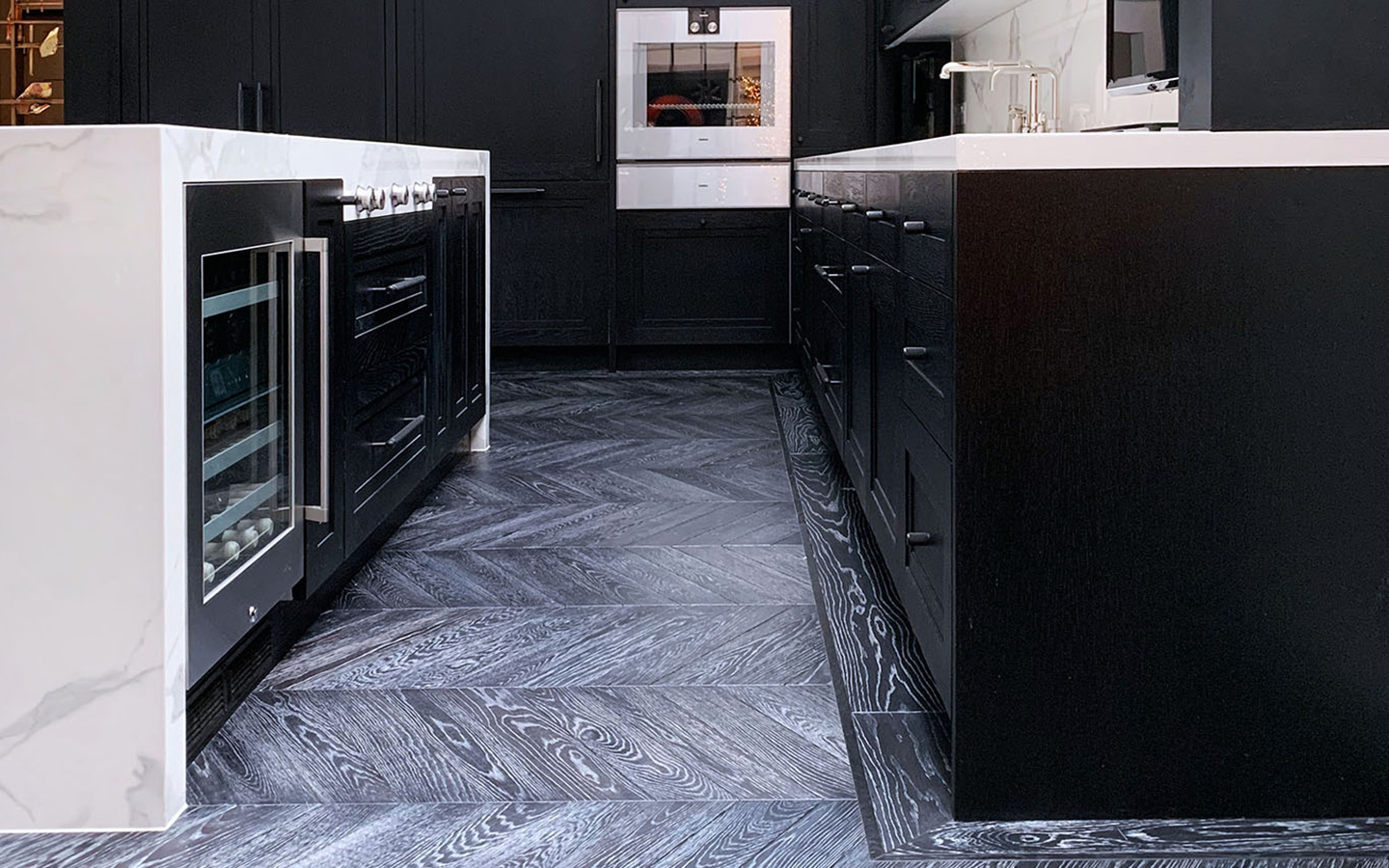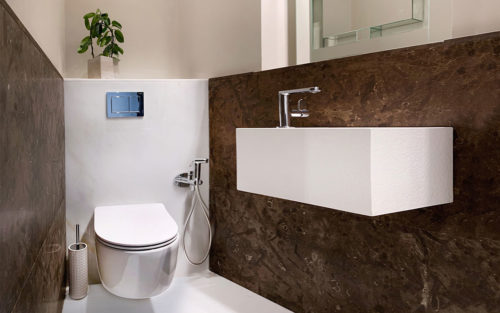Most people, when building their dream homes, want to invest in the best materials and look for durability. Stone worktops pass the longevity test with flying colours and bring more value to the table. They can be used for bedrooms, kitchens, washrooms, and lounge areas.
Natural and engineered stones present buyers with ample options to select from, including materials, colours, and other features. If your home needs a makeover with stone worktops in London, then here is everything you need to know about them.
Types of Stone Worktops:
There are a few alternatives available in the market that includes:
- Marble: The grandeur of marble is uncontested and has been a sought-after natural stone for decades. It is softer than granite and can be made into the desired shape. Although it looks exquisite, marble is vulnerable to damage due to its porosity. The veins and spots in the marble distinguish each slab from the other. These are also manufactured artificially, and Italy rules the market.
- Limestone: Limestone is another soft and porous natural stone, increasingly used for worktops. Its creamy white appearance has made limestone a people’s favourite. However, maintaining limestone can be painstaking.
- Granite: Granite has been a popular choice for worktops for the past years. It is more economical than marble, yet it is elegant and durable. There are several options available for the stone.
- Quartz: Quartz is an excellent choice for those who like to have luxurious spaces that are easy to easy. Quartz does not stain easily. Therefore, it can be used in kitchens and washrooms. However, they are not entirely heat resistant and can discolour if regularly exposed to high temperatures.
- Soapstone: It is a metamorphic rock and is comprised of mineral talc rich in magnesium. Soapstone can be used without sealing with resin or other substances. Although, it can scratch, which has to be treated with mineral oil. The stone is available in shades of grey, blue and green.
- Slate: Mostly available in black, brown, and grey, slate is a top choice for kitchen worktops. These worktops do not chip and break easily. Furthermore, slate can handle the heat and does not stain from common kitchen ingredients.
Benefits of Stone Worktops:
- Stone worktops look aesthetic and regal, especially when marble and Quartz are used.
- These are highly durable and can last for several years if maintained cautiously.
- Most stone worktops are easy to clean and do not catch stains. Sometimes warm soapy water and a soft cloth do the trick.
- Stone worktops are a sustainable choice for home decor and fittings. These can also be repurposed in various ways.
- Since these are durable, they do not need frequent changes or makeovers, therefore, saving a lot of money in the long run.
These are general benefits of stone worktops. However, based on the finer characteristics of the stone, there can be certain variations. For instance, Quartz is non-porous, so it does not stain easily. However, marble’s porosity gives no such assurance.
Increasingly natural stone worktops in London are gaining popularity because of their longevity and sustainability. Nevertheless, each natural stone worktops have upsides and downsides, which should be compared, side by side, to identify the best match.



